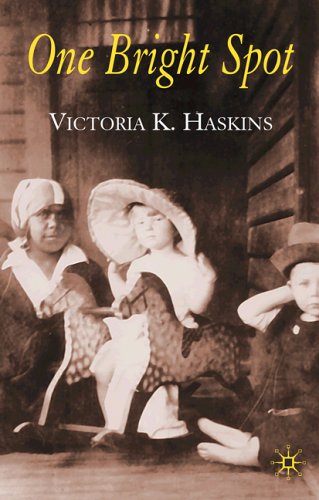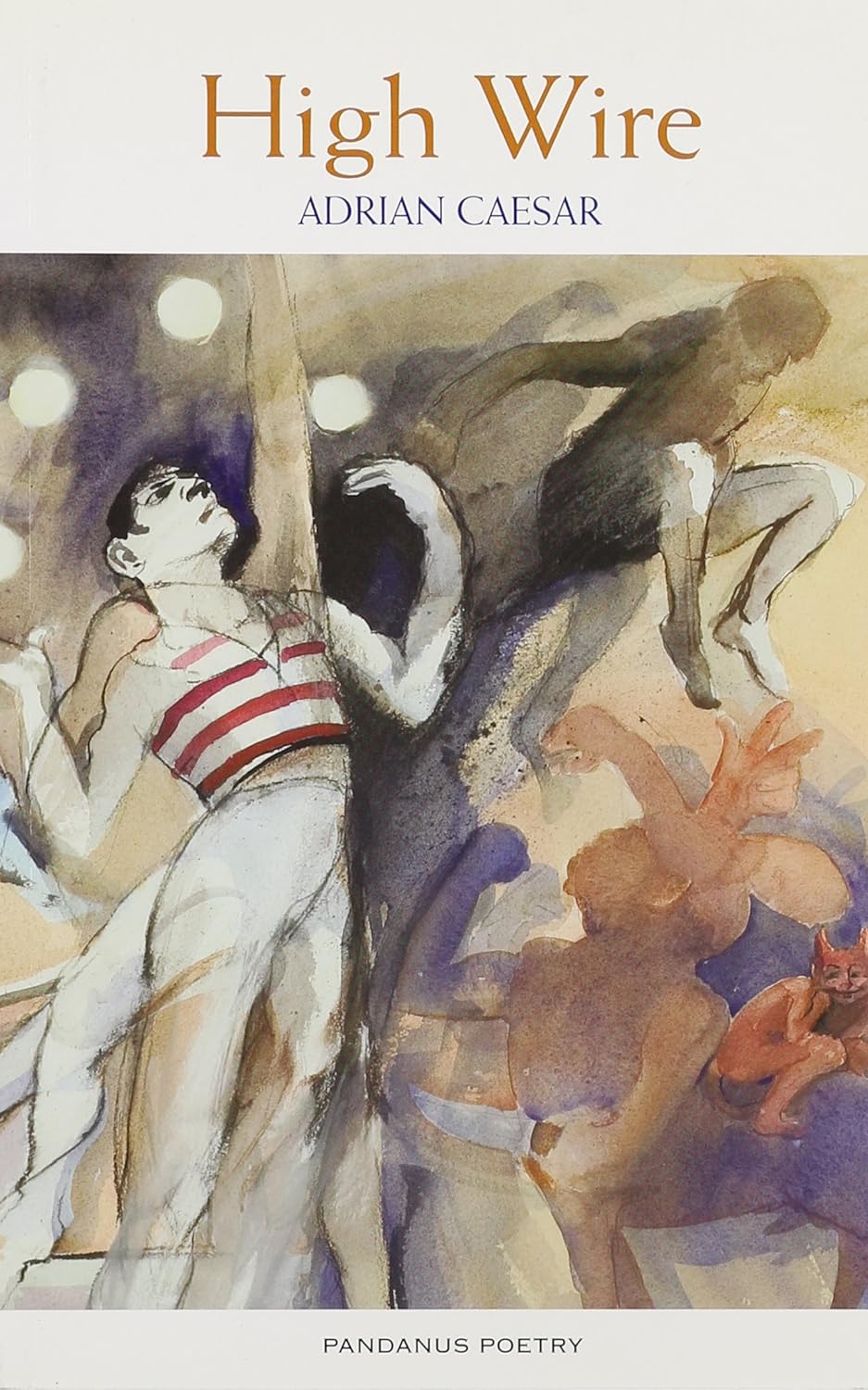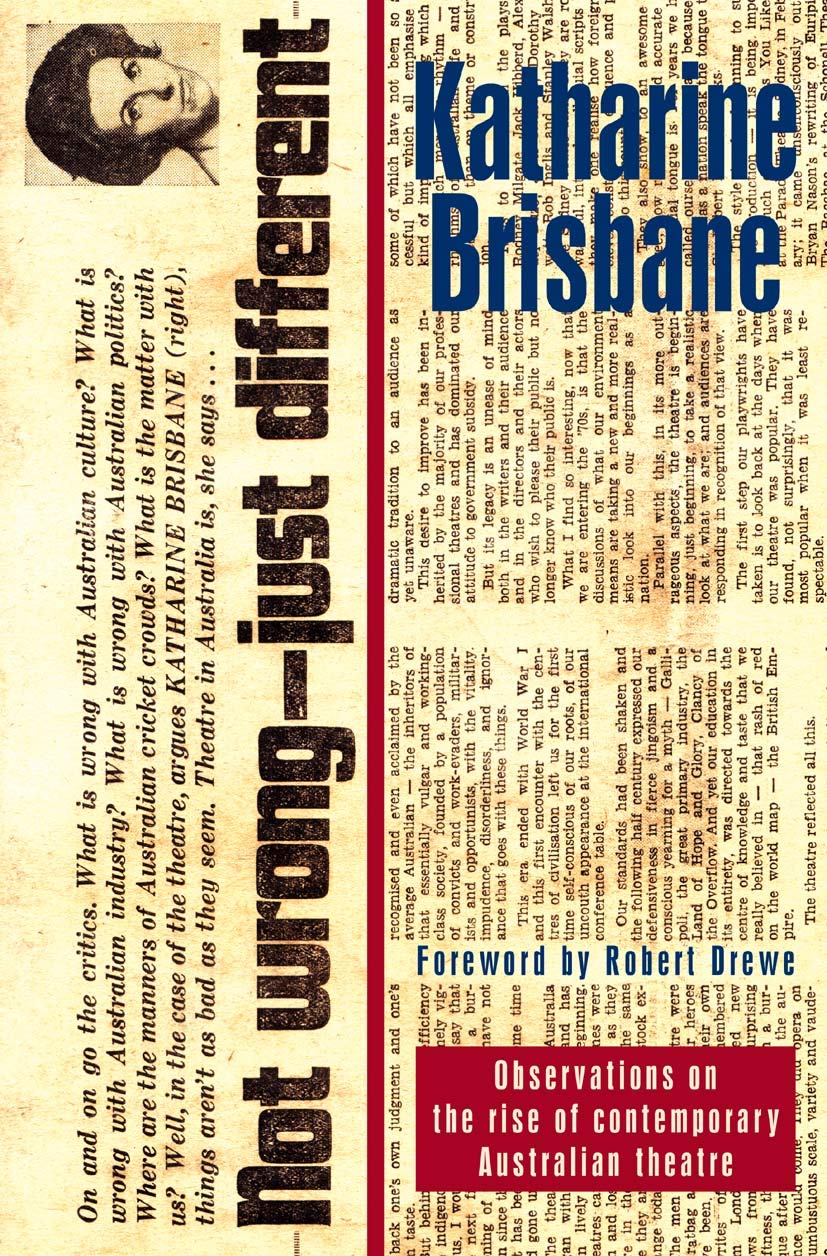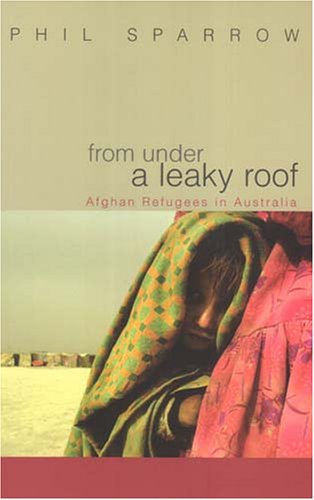Archive
Film | Theatre | Art | Opera | Music | Television | Festivals
Welcome to ABR Arts, home to some of Australia's best arts journalism. We review film, theatre, opera, music, television, art exhibitions – and more. To read ABR Arts articles in full, subscribe to ABR or take out an ABR Arts subscription. Both packages give full access to our arts reviews the moment they are published online and to our extensive arts archive.
Meanwhile, the ABR Arts e-newsletter, published every second Tuesday, will keep you up-to-date as to our recent arts reviews.
Recent reviews
National Treasures from Australia’s Great Libraries edited by NLA
The Line: A man’s experience; a son’s quest to understand by Arch and Martin Flanagan
Not Wrong – Just Different: Observations on the rise of contemporary Australian theatre by Katharine Brisbane
Life without poetry is unimaginable to me. Yet my own sense of myself as a poet has always been somewhat intermittent; or, to put it another way, I keep straying then coming back to poetry, like a prodigal child who trusts she’ll be forgiven. Those times when I’m actively engaged in writing poetry have been interspersed with quite long stretches in which I nonetheless work with language on other fronts – studying for a PhD on speech rhythms in an Aboriginal language, learning a new language (Russian being the latest) and, more recently, working on a set of prose translations from the Swiss-born French poet Philippe Jaccottet. I find there’s a wonderful sense of release and revelation in being guided by another’s voice, especially a voice as fluent, emotive and original as Jaccottet’s. My day job as a linguist with a speech-technology firm means that I also deal on a daily basis with language data – at times, two to three languages at once. I find I am a ‘globalist’ when it comes to language, and also, therefore, to poetry. I am just in love with the fact that each language brings with it a new horizon of experience; and each good poem does the same in miniature.
... (read more)








